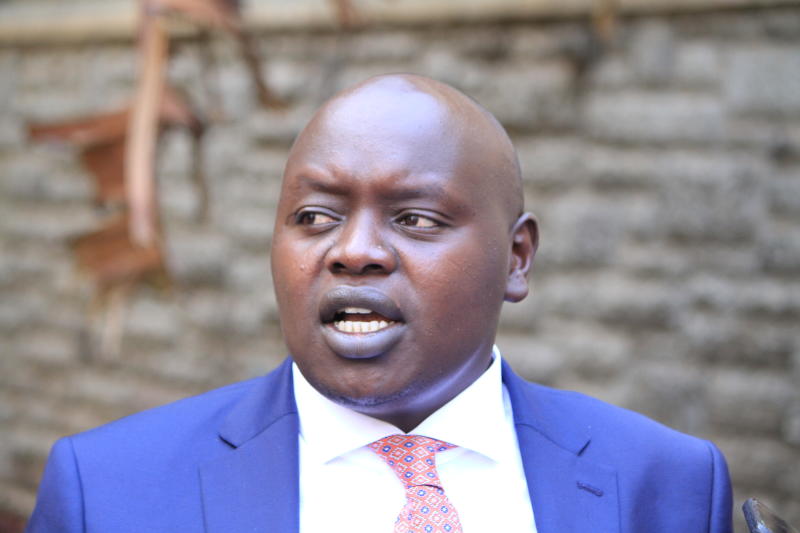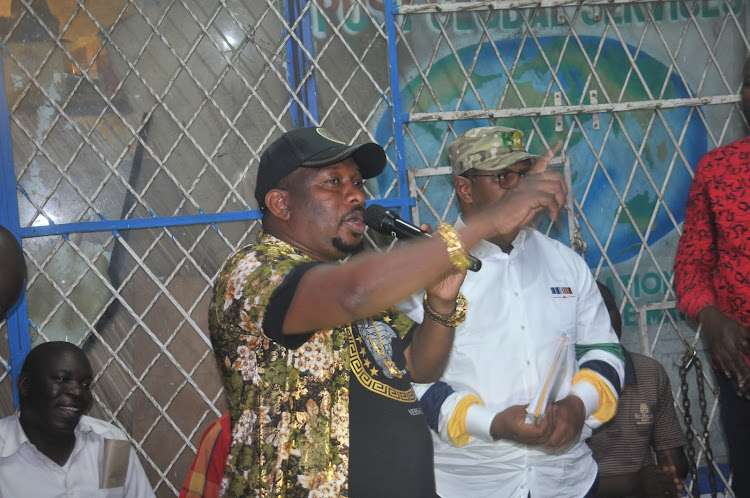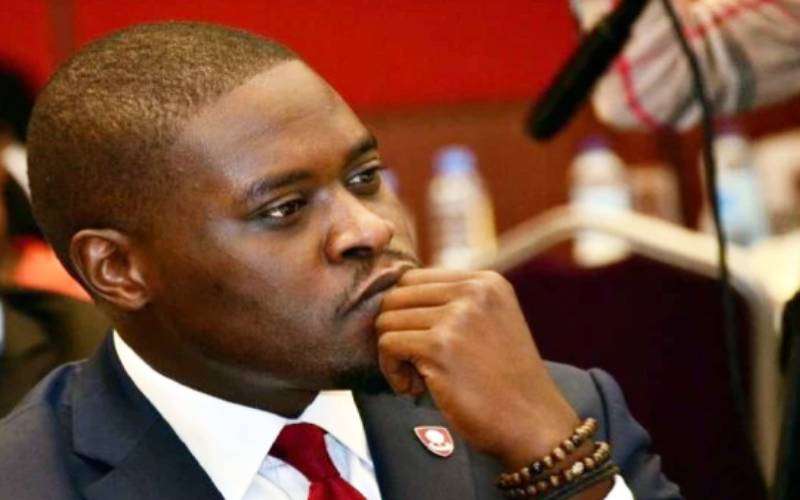The super-majority support in parliament in favor of the impeachment motion against Deputy President Rigathi Gachagua is likely to raise concerns about the broader implications of the alliance between President William Ruto and ODM leader Raila Odinga as the country approaches the 2027 elections. The motion received backing from 291 MPs, well above the two-thirds majority needed for it to pass when put to a vote.
Interestingly, this impeachment effort coincides with Nandi Senator Samson Cherargei’s push to amend the terms in office for the president, governors, Members of Parliament, and Members of the County Assembly. Cherargei contends that extending the presidential term to seven years would give the leader a better chance to fulfil their manifesto. He argues that ongoing electoral disputes, including presidential election results contested in the Supreme Court, mean it takes at least two years for an elected president to settle in. “Frequent elections disrupt governance and hinder long-term projects that could benefit the nation,” the senator explains.
The Constitution of Kenya (Amendment) Bill, 2024, which the Senate has already opened for public participation, also proposes creating the office of Prime Minister. While the Bill includes various measures aimed at strengthening the Senate, and the Auditor General, and increasing revenue for counties, the most controversial proposal is the extension of terms for the president and other officials.
Under Article 142 of the 2010 Constitution, the President serves a term starting from their swearing-in until the next elected President is sworn in, with a maximum of two terms as stipulated in Article 142 (2).
With ODM now aligned with Kenya Kwanza, granting them majority support in Parliament, the reception of these proposals among MPs and the public will be closely watched.
A similar proposal made last September by Cherargei through a memorandum to the National Dialogue Committee failed to gain traction, largely due to public backlash, particularly from opposition supporters.
Interestingly, the response to this latest Bill has been muted despite extensive media coverage, as the nation focuses on impeachment politics. However, it’s important to note that extending the presidential term requires a referendum under Article 288 of the Constitution. To pass in a referendum, it must receive support from at least twenty per cent of registered voters in half of the counties, in addition to a simple majority of those voting.
As the 2027 elections approach, will Ruto and Raila work to rally MPs and the public around these proposals to fit into whatever agreement they reach?




